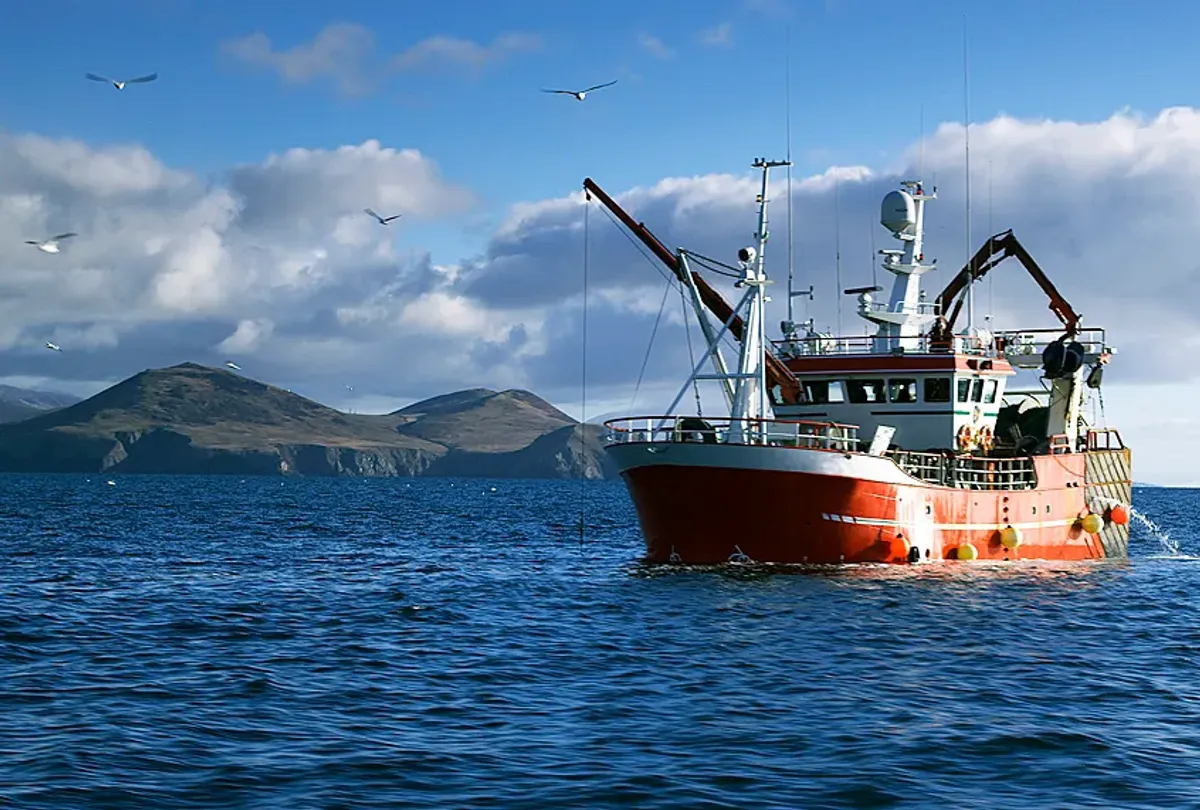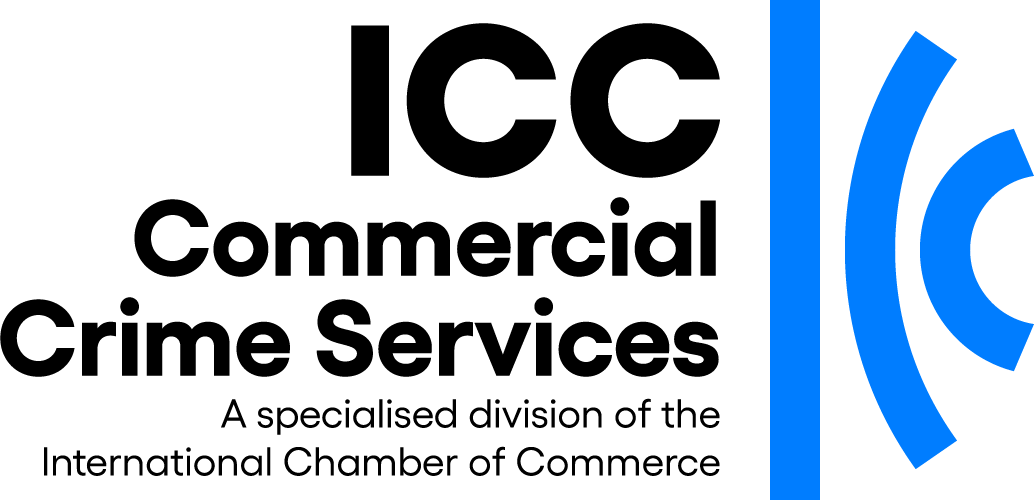
 The most current piracy statistics and analysis released by the International Maritime Bureau (IMB) Piracy Reporting Centre (PRC) indicates a recent spike of incidents, largely attributable to increased piracy activity off the Somali Coast, particularly in the Gulf of Aden.
The most current piracy statistics and analysis released by the International Maritime Bureau (IMB) Piracy Reporting Centre (PRC) indicates a recent spike of incidents, largely attributable to increased piracy activity off the Somali Coast, particularly in the Gulf of Aden.
 The most current piracy statistics and analysis released by the International Maritime Bureau (IMB) Piracy Reporting Centre (PRC) indicates a recent spike of incidents, largely attributable to increased piracy activity off the Somali Coast, particularly in the Gulf of Aden.
The most current piracy statistics and analysis released by the International Maritime Bureau (IMB) Piracy Reporting Centre (PRC) indicates a recent spike of incidents, largely attributable to increased piracy activity off the Somali Coast, particularly in the Gulf of Aden.
While the 114 total incidents reported in the first six months of 2008 is slightly less than the 126 reported in the corresponding period last year, acts of piracy conducted in 2008 are rising quarter by quarter. The number of incidents recorded in the second quarter of 2008 totalled 62, versus the 52 accounted for in the first quarter.
In the first six months of 2008, 71 vessels were boarded, 12 vessels were hijacked and 11 vessels were fired upon. A total of 190 crew members were taken hostage, six kidnapped, seven killed and another seven are missing, presumed dead.
IMB Director Pottengal Mukundan stated: “The frequency and level of violence directed at seafarers is cause for alarm. The abduction of crew and the increasing use of automatic weapons remain unacceptable.”
Africa remains a piracy flashpoint with the highest recorded number of second quarter incidents of piracy taking place in Somalia with 24 incidents, followed closely by 18 reported incidents in Nigeria.
A key trend identified is the recent shift in the geographical location of attacks to the north eastern Somali coastline and into the Gulf of Aden. The IMB’s interactive World Piracy Map, viewable at (www.icc-ccs.org) provides a visual representation of this disturbing trend. All incidents in the Gulf of Aden have taken place on the eastern side of the Gulf and are attributed to Somali pirates.
Further data analysis reveals that of the 24 Somali incidents, 19 occurred in the Gulf of Aden. In the Gulf of Aden at least eight vessels reported being fired upon by pirates armed with rocket propelled grenade launchers and automatic weapons.
In Nigeria, 12 of the 18 recorded attacks were aimed at vessels anchored at the port of Lagos. Lagos is becoming an increasingly dangerous port, with the number of reported attacks in the area growing from 8 in the first six months of 2007 to 12 for the corresponding period in 2008.
In other parts of the world, Indonesia ranks third on the worldwide list with 13 reported acts of piracy. All except two of these cases were low level incidents aimed at theft of valuables and stores. Unlike Nigeria, and to a lesser extent Somalia, the attacks are not geographically concentrated and are scattered throughout the Indonesian archipelago. The IMB is pleased to note that the number of attacks in Indonesian waters continues to decrease each quarter.
The formerly worrisome Malacca Straits is an area where piracy is continuing to be suppressed. Only two incidents were reported for this region, the same number as for the corresponding period in 2007. Cooperative efforts undertaken by the littoral states to combat piracy are clearly taking hold and are directly attributable to the reduction of piracy in an area once plagued by attacks.
Mukundan noted: “Despite our wide-reaching efforts to gather and study acts of piracy, a significant number of attacks continue to go unreported. For their own safety, we urge all shipmasters and vessel owners to report any acts of piracy to the IMB’s Kuala Lumpur based Piracy Reporting Centre. This first hand information will allow us to identify high-risk areas and advocate for increased protection and safety measures.”
On a trial basis, IMB is offering the report free of charge. To request a PDF version of the report by email, please visit the following link where the latest attacks may also be viewed on the IMB Live Piracy Map
http://www.icc-ccs.org.uk/prc/piracy_rep_app.php
For further information please contact
Pottengal Mukundan
Director, IMB
Tel: +44 20 7423 6960
Email: p.mukundan@icc-ccs.org






